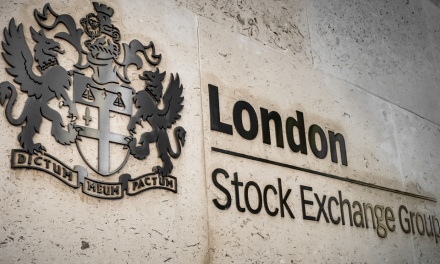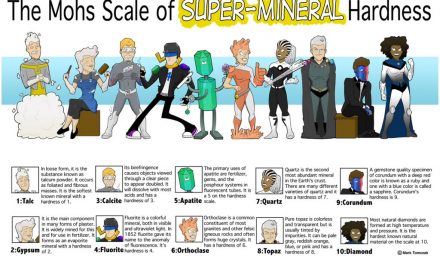Definition: bored, disgruntled, disgusted
Origin: The earlier expression ‘browned off’, which meant the same, was RAF slang originally used to describe metalwork that had become rusty; it was later applied figuratively to human degeneration. Cheesed off may be an elaboration of this, in reference to the browning of cheese when cooked, or a quite different allusion to the sourness associated with cheese going bad.
Definition: A very easy way of making money.
Origin: After a hanging, the hangman would cut up the rope and sell off the pieces as souvenirs.
Definition: A person who spends time with rich or important people, hoping to get an advantage.
Origin: During a hanging, someone was paid to hang on to the legs of the dangling criminal. The extra weight speeded up the execution.
Definition: Reprimand rowdy characters and warn them to stop behaving badly.
Origin: The Riot Act was a law. Whenever there was a disturbance, a magistrate would read it aloud as a warning. If the rioters did not obey, the army was called in. The last reading of the Riot Act in the United Kingdom was in Birkenhead on 3 August 1919, during the second police strike when large numbers of police officers from Birkenhead, Liverpool and Bootle joined the strike. The Act was repealed on 18 July 1973.
Definition: including all or every part of something.
Origin: The ‘whole thing’ in question when this phrase originated was a musket. Muskets were composed of three parts:
– The lock, or flintlock, which is the firing mechanism.
– The stock, which is the wooden butt-end of the gun. ‘
– The barrel, the cylindrical object through which the musket ball is fired.
Definition: Unacceptable; outside agreed standards of decency.
Origin: This ‘pale’ used here is a noun meaning ‘a stake or pointed piece of wood’. That meaning is virtually obsolete now except as used in this phrase, but is still in use in the associated words ‘paling’ (as in paling fence).
The paling fence is significant as the term pale became to mean the area enclosed by such a fence and later just the figurative meaning of ‘the area that is enclosed and safe’. So, to be ‘beyond the pale’ was to be outside the area accepted as ‘home’.
It’s origin lies in the English conquest of Ireland. The Pale (An Pháil in Irish) or the English Pale (An Pháil Shasanach), was the part of Ireland that was directly under the control of the English government in the late Middle Ages. So going beyond this point meant it was dangerous where barbarous tribes lived beyond civilization.




